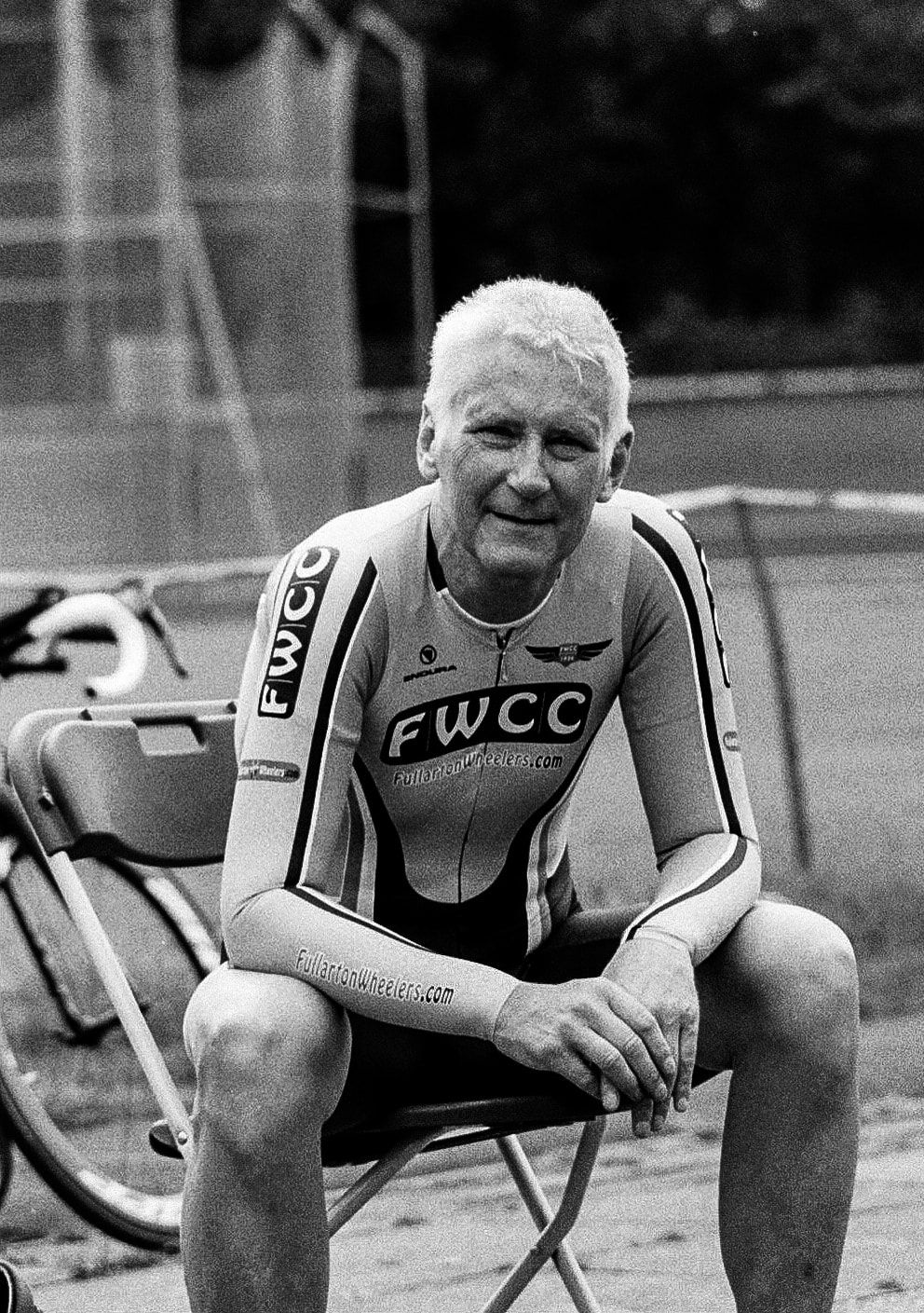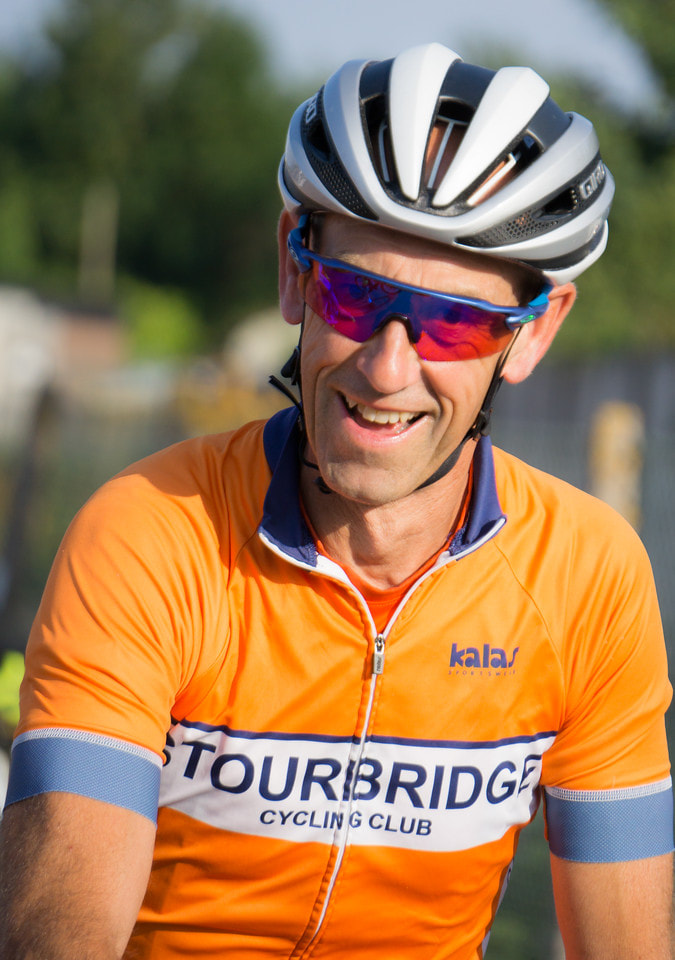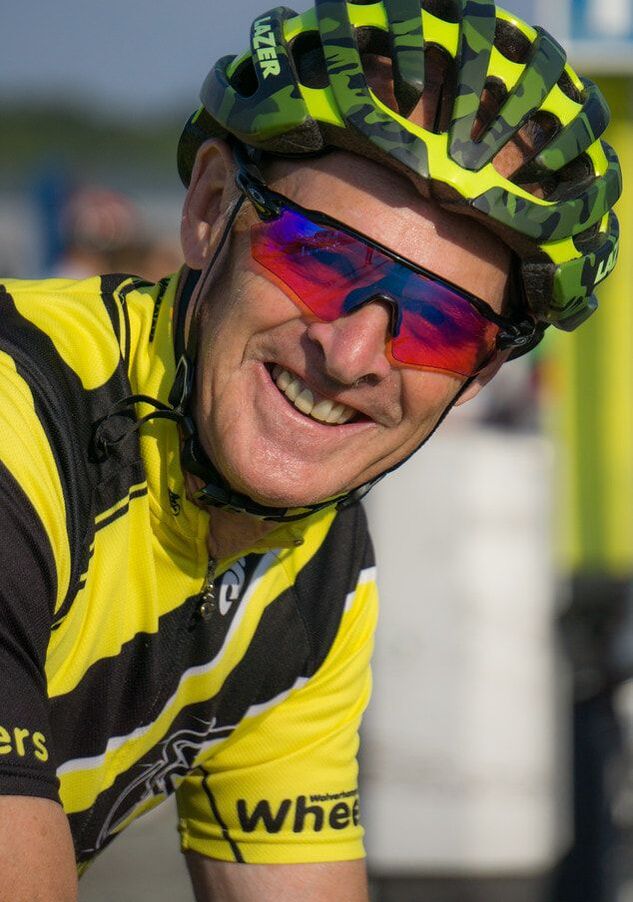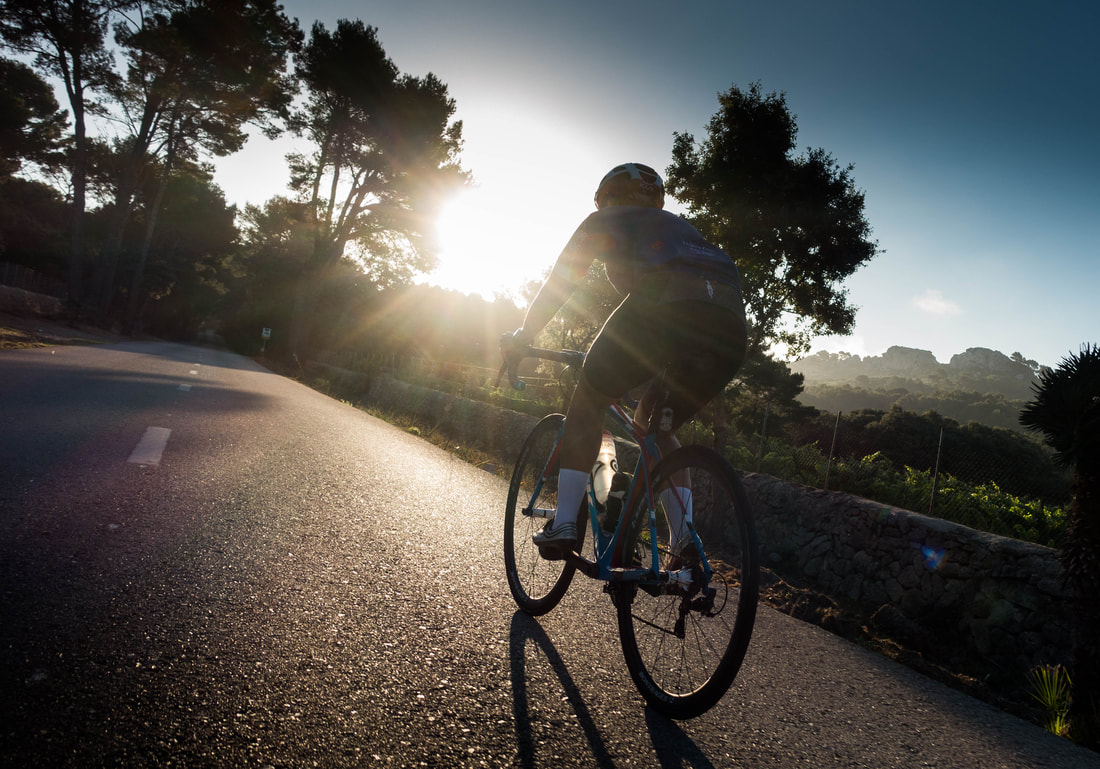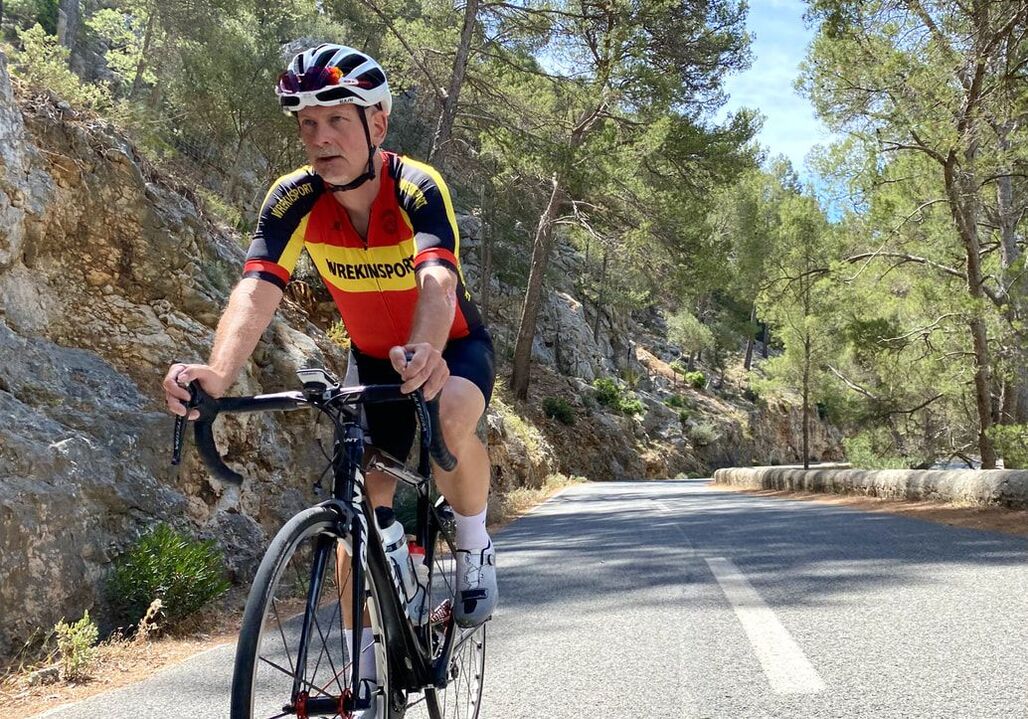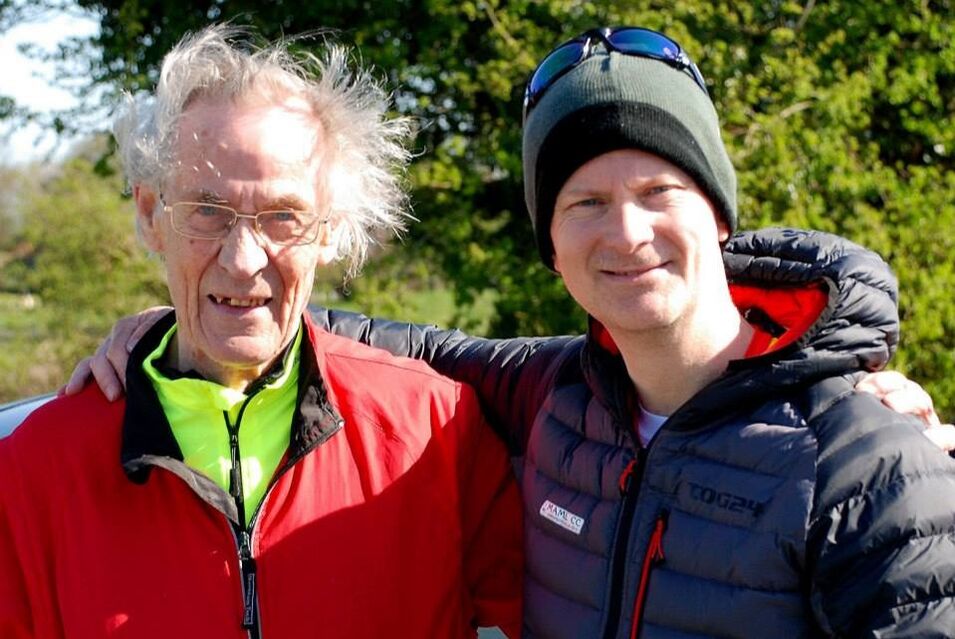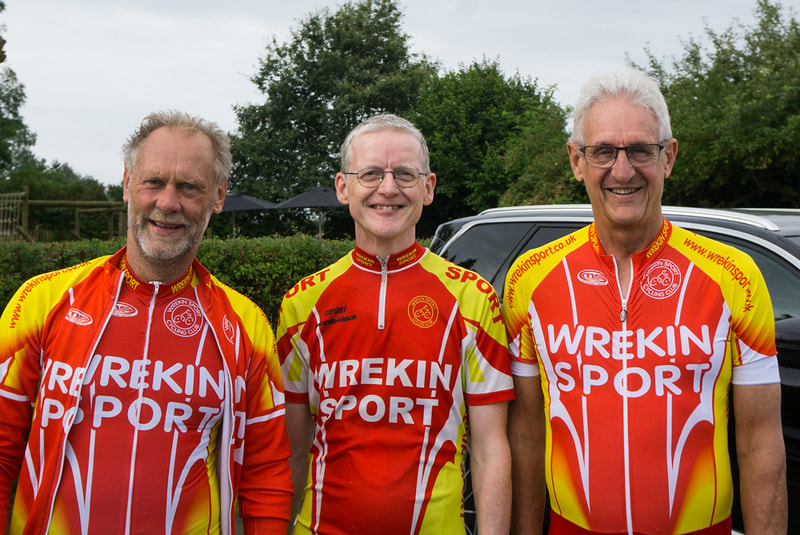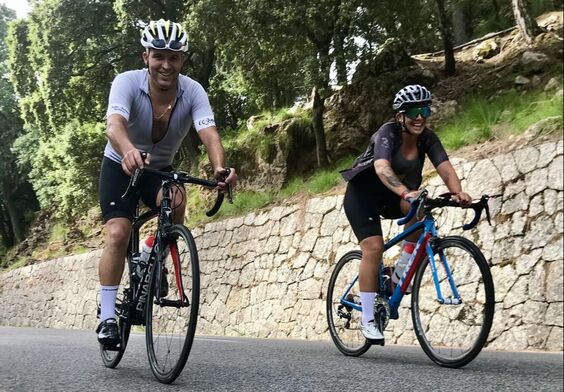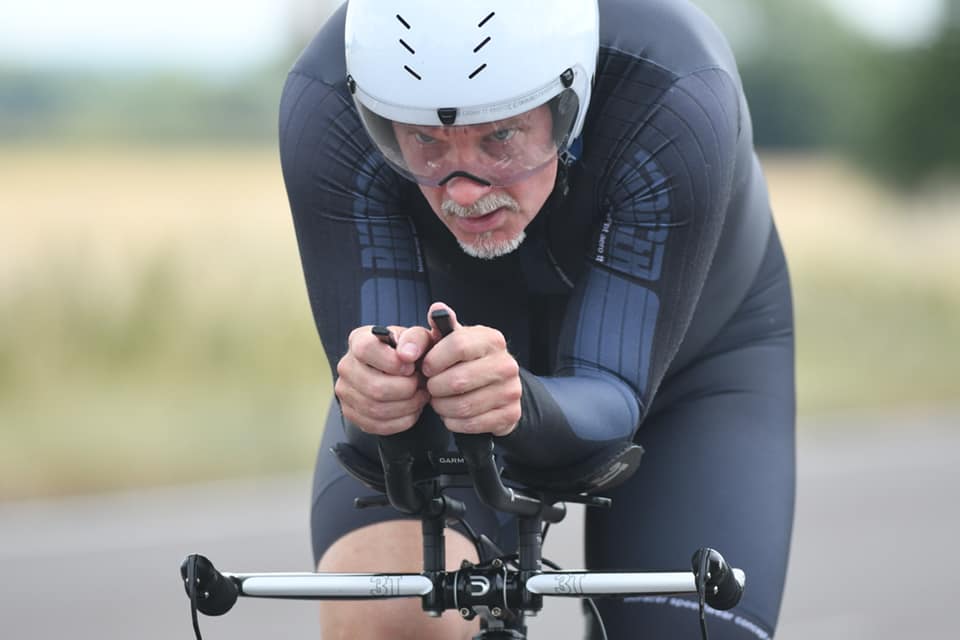Something that separates cycling from other sports is that not only can you ride and race as you get older, but you can also continue to get fitter and faster. A number of riders I coach are still making gains in their 50s and 60s. It’s not done by tricks or magic, but by the thoughtful application of the right training sessions guided by performance data that was previously the preserve of professionals but is now available to amateurs.
Older riders have different types of engines, but you can still get great performance out of a classic if it’s well tuned, fuelled and looked after.
Older riders have different types of engines, but you can still get great performance out of a classic if it’s well tuned, fuelled and looked after.
Arguably, you can throw a lot of riding at youngsters and they will respond but this is not the case with older riders. The rights sessions need to be prescribed with precision and thoughtfully sequenced to elicit a positive training response. Power measurement, heart rate measurement and associated metrics coupled with some powerful software makes each training session analysable and future sessions adjustable to meet the highly individualised needs of older riders.
Your ability to train hard when needed coupled with effective rest is paramount to developing to adaption and building resilient rather than transitory fitness. It needs careful analysis of your performance data and thoughtful planning. Particularly important is the programming of active recovery and rest to consolidate the gains that come through hard work. It takes a little longer with older riders and training needs to fit around with real life, not supplant it. Hard efforts come from a limited resource and should not be wasted.
Older riders often have different motivations for training. My experience is more riders are coming to cycling ‘late’, some with a legacy in endurance sport and others looking for a new challenge. It’s a good sport to pick as you mature – it’s low impact and is something you can do at pace you chose. However, understanding your reasons for riding and, crucially, identifying any skills or confidence gaps you may have and addressing them appropriately will speed your progress.
I'm an older rider myself, I’m 54 and I’m still setting PBs after 30 years of training and racing. Furthermore, my experience of coaching the Great Britain Transplant cycling team means not only do I have an understanding of the needs rehabilitation and training interactions with medication, I can also carefully coax the best out of older engines even if they do have reconditioned parts!
If you want to be coached by somebody who's alive to the needs of an older rider, please get in touch here for a chat.
If you want to be coached by somebody who's alive to the needs of an older rider, please get in touch here for a chat.
